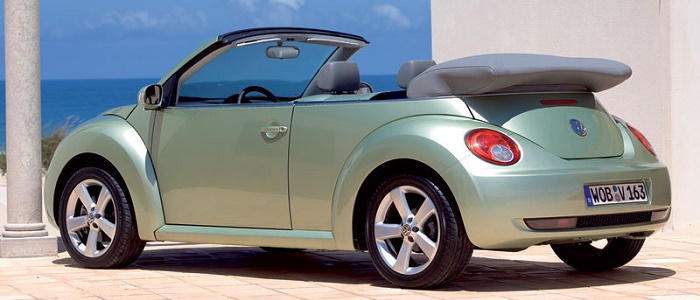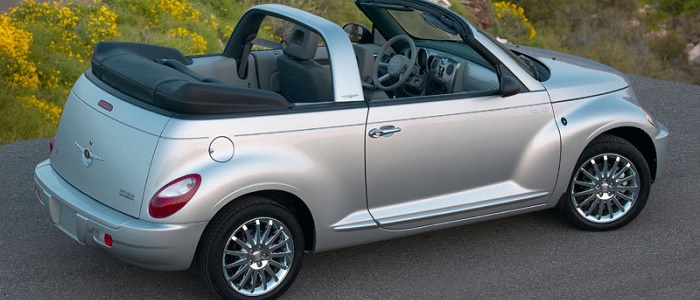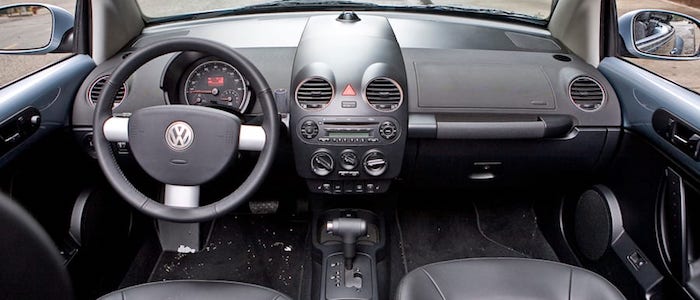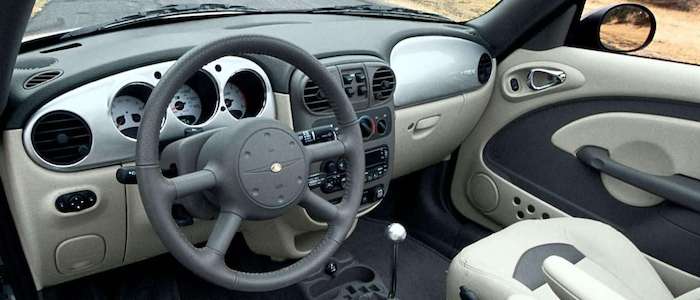Compare two cars
Compare any two cars and get our Virtual Adviser™ opinion
Marketing
Dimensons & Outlines
Engine
Performance (manual gearbox)
Performance (automatic gearbox)
Expenses
Virtual Adviser's™ opinion
We are here considering two somewhat similar cars, but we can't deny some of the obvious differences. For a start, they are not even classified under the same segment, with the Volkswagen being a city car and the Chrysler representing small family car vehicle class. The first one has a Volkswagen-engineered powertrain under the hood, a 4-cylinder, 16-valves 75hp unit, while the other one gets its power and torque from a 4-cylinder, 16-valves 143hp engine designed by Chrysler.
SafetyBoth vehicles got tested by European New Car Assessment Programme (Euro NCAP), with the Volkswagen being a slightly better choice apparently. Moving further on, let's take a closer look at some additional safety-related facts. The second vehicle is a small family car and that gives it a marginal advantage over the city car competitor, at least that's what statistics show. Furthermore, if we'd like to consider vehicle mass in this context too, which we definitely should, the American car offers a considerable difference of 20% more metal.
ReliabilityI don't like generalizing things when it comes to reliability, although it does seem that Volkswagen as a brand displays somewhat better results, all the models observed together. These are the official statistics, while our visitors describe reliability of Volkswagen with an average rating of 4.2, and models under the Chrysler badge with 4.4 out of 5. Unfortunatelly, I don't have enough insight that would allow me to comment in more details on the specific models level. That apart, owners of different cars powered by the same engine as the German car rank it on average as 4.2, while the one under the competitor's bonnet gets 4.7 out of 5.
Performance & Fuel economyChrysler is way more agile, reaching 100km/h in 5.3 seconds less than its competitor. In addition to that it accelerates all the way to 195 kilometers per hour, 35km/h more than the other car. When it comes to fuel economy an obvious choice would be the German car, averaging around 7.1 liters of fuel per 100 kilometers (40 mpg), in combined cycle. That's 32% difference compared to the American car!
Verdict
Volkswagen appears just a bit more reliable, although the difference is truly marginal. The most important thing when deciding between any two vehicles should always be safety, both passive and active. In my opinion, everything taken into account, the American car offers slightly better overall protection and takes the lead. It all continues in the same direction, with Chrysler outracing its opponent in any situation possible, making it better choice for boy racers. It does come at a cost though, and that's the fuel consumption... No mistake, whatever you decide here, but I'd still go for the Volkswagen. Anyway, that's the most objective conclusion I could've came up with and it's based solely on the information found on this website. Aspects such as design, practicality, brand value and driving experience are there for you to measure them out. I suggest you spend two more minutes in order to find out which car, based on your needs and budget, would be picked by the virtual adviser™, out of 12.000+ vehicles we currently have in our database.































